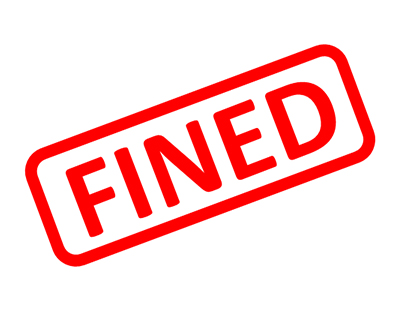
The new online database identifying rogue letting agents and landlords will save lives according to the London Fire Brigade.
We wrote about the database on Letting Agent Today yesterday, and now the LFB says the initiative - formally called the Rogue Landlord and Agent Checker - will expose those agents and landlords breaking the law and possibly endangering their tenants.
The Brigade’s Assistant Commissioner for Fire Safety, Dan Daly, says: “From overcrowded housing to poor escape routes and badly maintained fire doors, our fire inspectors regularly find homes that are just too dangerous to live in.
“Making it easier for tenants to find out if a potential landlord has flouted fire safety rules will act as a deterrent for the small number of dishonest landlords who pose a large risk to their tenants.”
In the last five years, London Fire Brigade has issued more than 200 enforcement notices, the majority of which were to protect people living in unsuitable accommodation.
The new database will carry this information alongside agents’ and landlords’ other breaches of housing regulation such as overcrowding, failure to comply with HMO management regulations, failure to provide gas safety certificates, fraud, unlawful eviction and harassment, which are monitored by other agencies.
The database will also give tenants a tool to easily report landlords they suspect of unscrupulous practices and contain records from three national organisations offering a free and independent service for resolving disputes with their landlords.
Under a measure called the Regulatory Reform Order, the LFB has a range of powers if landlords and letting agents are found to be flouting fire safety laws, from issuing advice right through to prosecution.
The Brigade can prosecute for breaches such as failing to carry out fire risk assessments, failing to equip the premises with adequate fire detection and failing to ensure people could evacuate the premises safely.
Records will stay on the public database for 12 months in most cases, but there will also be a closed section available to relevant authorities where they will be listed for up to 10 years for investigation purposes.













%20-%20IMAGE%20Client%20Accounting%20%E2%80%93%20what%20are%20your%20options.jpg)




.png)




Join the conversation
Be the first to comment (please use the comment box below)
Please login to comment